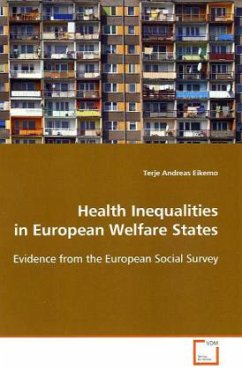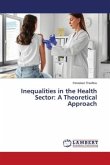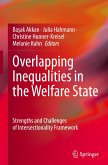Social inequalities in health are substantial
throughout Europe. It is widely acknowledged
that welfare states are important determinants of
health in European countries as they mediate the
extent and impact of socio-economic position on
health. The concept of welfare state regimes has
therefore been used to analyze cross-national
differences in population health. The present book
adds to this literature with recent data from the
European Social Survey, covering up to 80 000 people
in 25 countries. It thereby constitutes one of the
most extensive comparative studies of health
inequalities ever performed. It demonstrates that
the overall level and the magnitude of self-
perceived health inequalities according to people s
educational attainment, occupational status and
income level are not always randomly distributed
between welfare state regimes. One of the key
findings is that although the egalitarian
Scandinavian welfare regime scores well on overall
health, it does not exhibit the smallest
inequalities.
throughout Europe. It is widely acknowledged
that welfare states are important determinants of
health in European countries as they mediate the
extent and impact of socio-economic position on
health. The concept of welfare state regimes has
therefore been used to analyze cross-national
differences in population health. The present book
adds to this literature with recent data from the
European Social Survey, covering up to 80 000 people
in 25 countries. It thereby constitutes one of the
most extensive comparative studies of health
inequalities ever performed. It demonstrates that
the overall level and the magnitude of self-
perceived health inequalities according to people s
educational attainment, occupational status and
income level are not always randomly distributed
between welfare state regimes. One of the key
findings is that although the egalitarian
Scandinavian welfare regime scores well on overall
health, it does not exhibit the smallest
inequalities.








